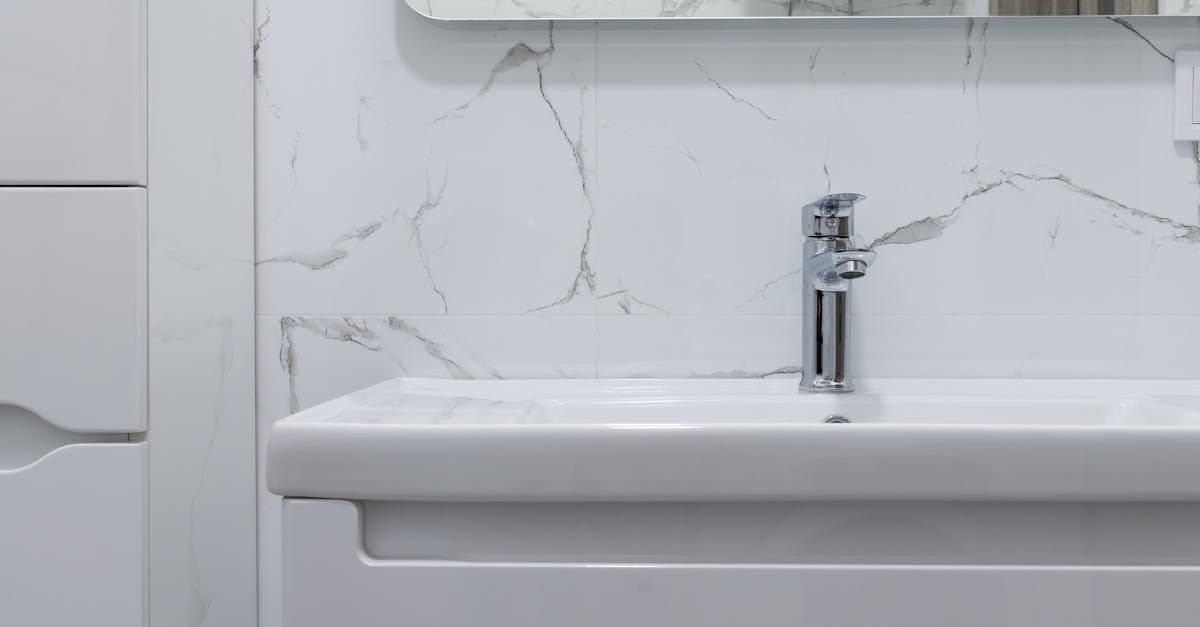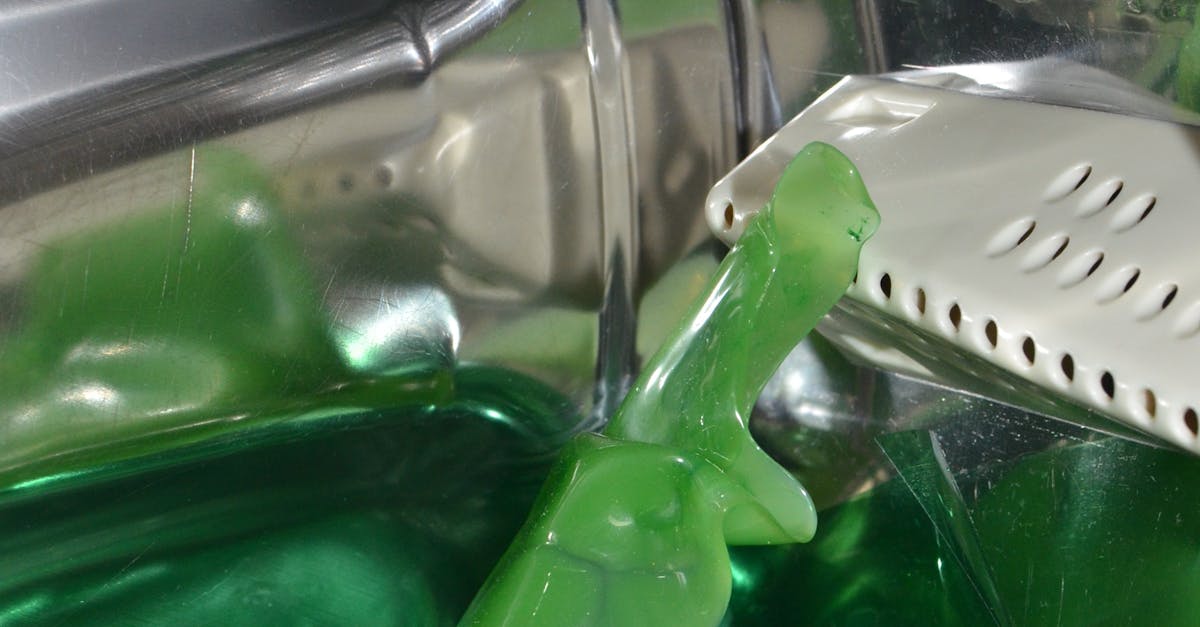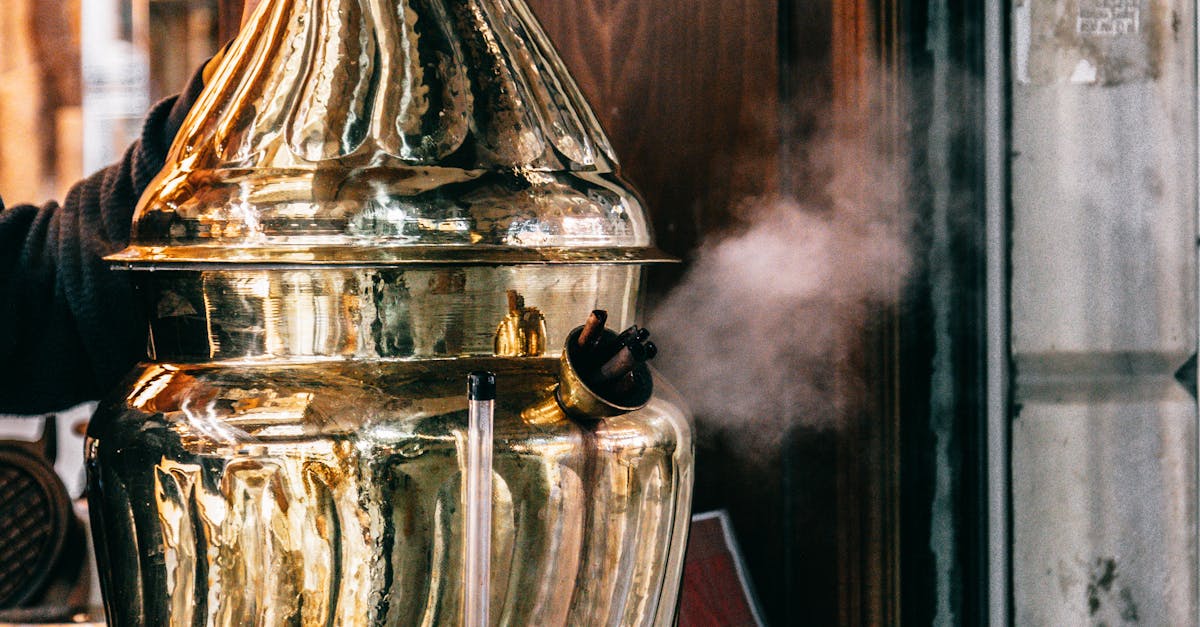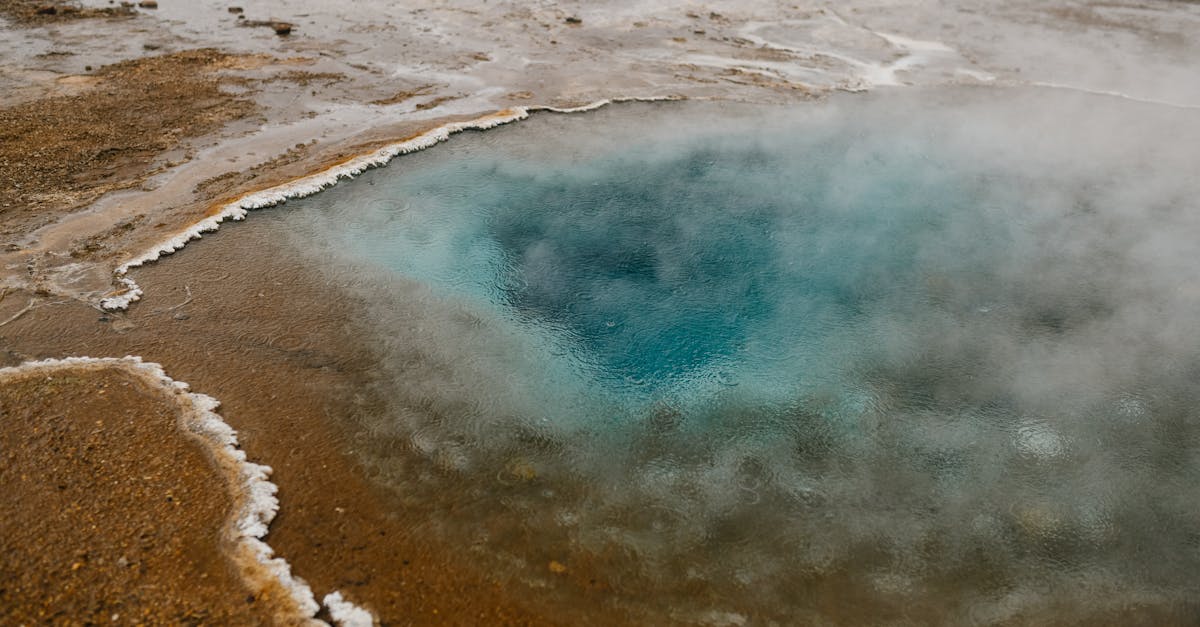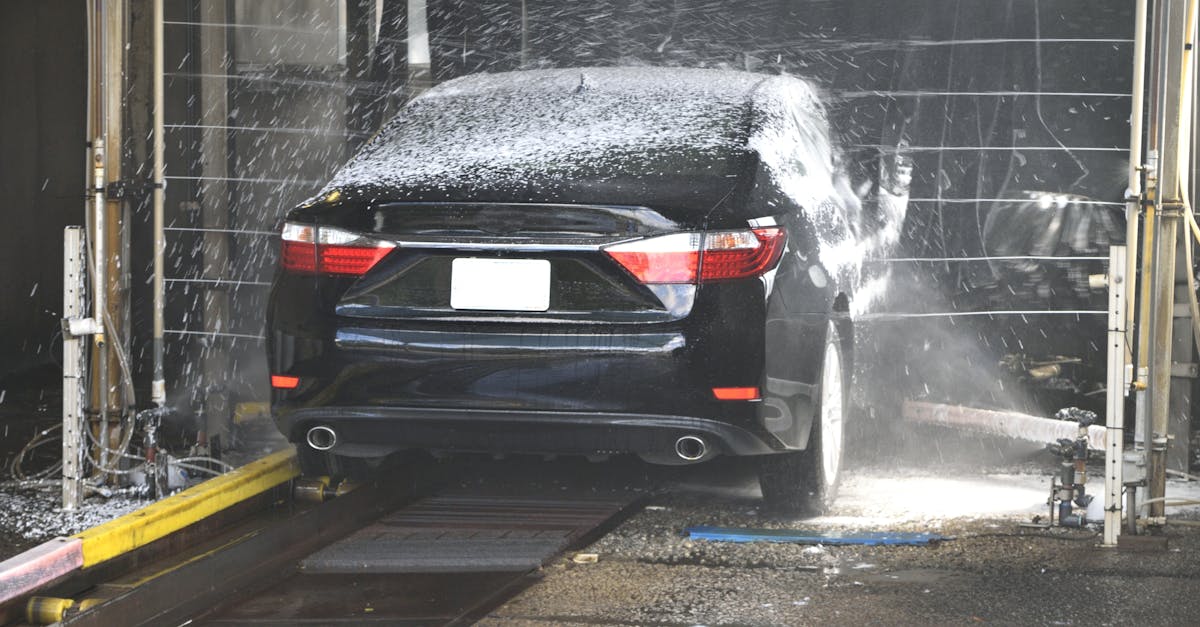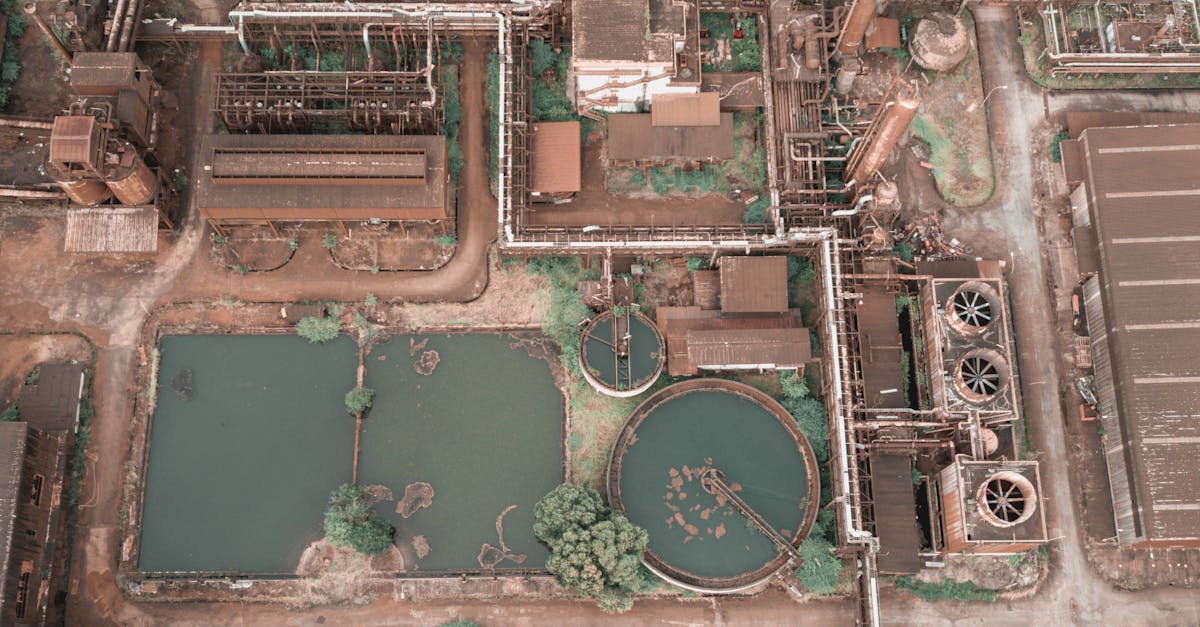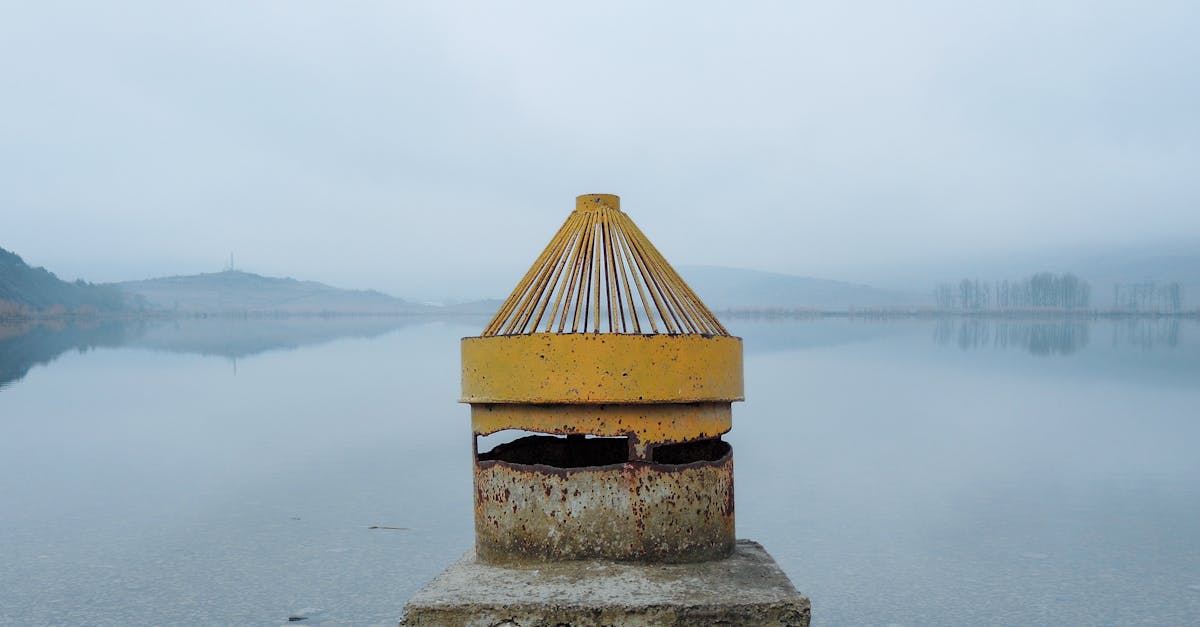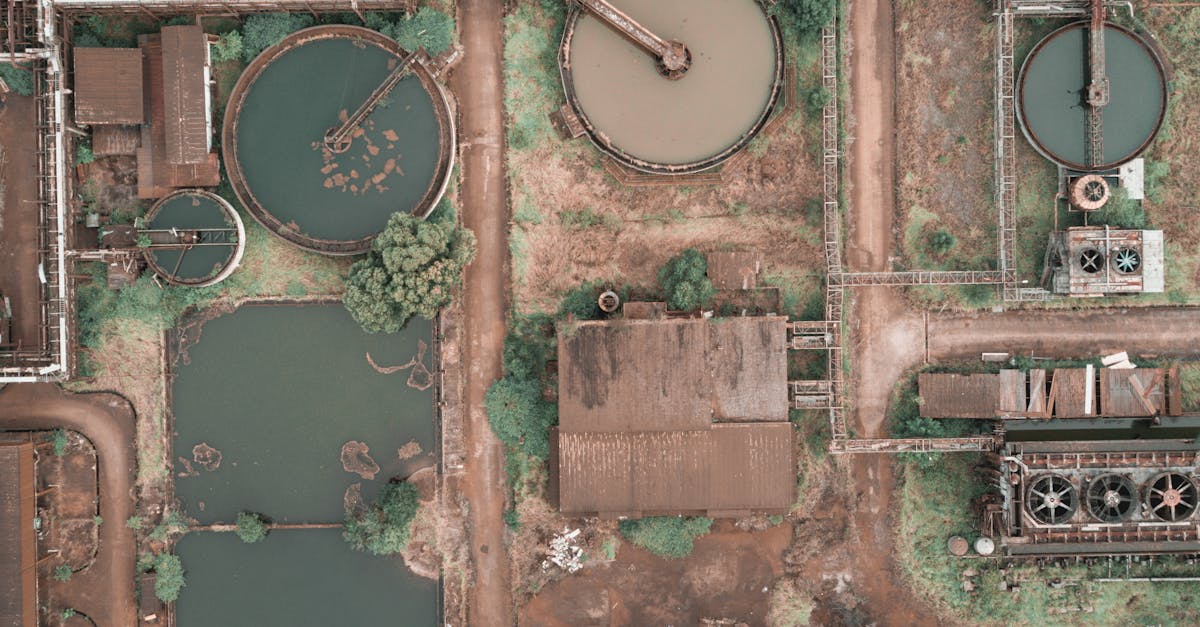
Table Of Contents
Inspecting the Anode Rod
Inspecting the anode rod is a critical step in conducting thorough Hot Water System Inspections. Begin by locating the anode rod within the water heater. Check for any signs of wear and tear on the rod, such as heavy corrosion or significant deterioration. If the rod appears compromised, it may need to be replaced to ensure the longevity and efficiency of the water heater.
Testing the anode rod is essential in determining its effectiveness in preventing corrosion within the water heater tank. Utilize a volt-ohm meter to measure the rod's current and assess whether it is still functioning optimally. Regularly inspecting and maintaining the anode rod can aid in extending the lifespan of the water heater and optimising its performance, making it a key aspect of Hot Water System Inspections.
Check for signs of wear and tear on the rod
Hot Water System Inspections involve checking the anode rod for indications of wear and tear. This crucial component plays a significant role in preventing corrosion within the water heater. To assess the condition of the anode rod, carefully inspect its surface for any visible signs of deterioration such as rust or corrosion. Additionally, check for any unusual bulges or deformities along the length of the rod, as these can indicate potential weaknesses in the metal.
Regularly examining the anode rod is essential in maintaining the efficiency and longevity of your water heater. By promptly replacing a deteriorating anode rod, you can safeguard your system from severe internal damage and prolong its lifespan. Remember, a well-maintained anode rod contributes to the overall performance of your hot water system, ensuring it continues to function optimally.
Testing the Heating Element
To assess the efficiency of the heating element in a hot water system, it is crucial to verify that the unit is producing hot water effectively. Start by confirming that the temperature of the water matches the set temperature on the water heater. If there is a noticeable divergence between the two temperatures, it may indicate a problem with the heating element. Additionally, check for any unusual noises coming from the water heater while it is in operation, as this could be a sign of a malfunctioning heating element. Hot Water System Inspections are imperative to ensure the consistent performance of the heating element and the overall functionality of the water heater.
Regularly monitoring the heating element's functionality is essential to prevent any disruptions in the supply of hot water. Another indicator of a potential issue with the heating element is fluctuating water temperatures. If the water is not consistently hot or if there are sudden shifts in temperature during use, it is advisable to inspect the heating element. In case of any doubts regarding the heating element's performance, it is prudent to contact a professional technician to conduct a thorough assessment as part of Hot Water System Inspections.
Ensure the heating element is producing hot water efficiently
To ensure the heating element is producing hot water efficiently during Hot Water System Inspections, it is essential to assess its functionality. Start by turning on the hot water tap and letting the water run for a few moments. The water should quickly heat up to the desired temperature without any delays or fluctuations. If there are any inconsistencies in the water temperature or if it takes longer than usual for the water to heat up, it may indicate a problem with the heating element.
Another important aspect to consider during Hot Water System Inspections is to check for any unusual noises coming from the water heater while it is in operation. Banging, clanging, or popping sounds can be a sign of sediment buildup around the heating element, affecting its efficiency. If such noises are present, it is advisable to have a professional plumber inspect the water heater to determine the root cause and address any issues promptly.
Investigating the Flue Pipe
When conducting Hot Water System Inspections, it is crucial to investigate the flue pipe thoroughly. The flue pipe plays a significant role in enabling the safe and effective operation of the water heater. To ensure the optimal functioning of the water heater, make sure the flue pipe is free from any obstructions that could impede the ventilation process. Blocked flue pipes can lead to a build-up of dangerous gases, which poses a potential risk to both the system and the occupants of the building. Regularly inspecting and clearing the flue pipe of any debris or blockages is essential in maintaining a safe and efficient water heating system.
Make sure the flue pipe is clear of any obstructions
When conducting Hot Water System Inspections, it is crucial to ensure that the flue pipe is free from any obstructions. The flue pipe plays a vital role in safely venting out harmful gases produced during the water heating process. Therefore, a clear and unobstructed flue pipe is essential for the proper functioning of the water heater.
Regularly inspect the flue pipe for any debris, blockages, or build-up that may impede the flow of gases. Any hindrance in the flue pipe can lead to dangerous gases, such as carbon monoxide, being trapped inside your home instead of being safely expelled outdoors. To maintain a safe and efficient hot water system, always make sure that the flue pipe is clear and free of any obstructions.
FAQS
Why is it important to inspect a water heater regularly?
Regular inspections can help identify potential issues early on, preventing costly repairs or replacements down the track.
How often should I inspect my water heater?
It is recommended to inspect your water heater at least once a year to ensure it is functioning properly.
What are some signs that indicate the anode rod needs to be replaced?
Signs of wear and tear on the anode rod, such as corrosion or rust, indicate that it may need to be replaced to maintain the efficiency of the water heater.
Can I inspect the heating element of my water heater on my own?
Yes, you can inspect the heating element yourself by ensuring it is producing hot water efficiently and checking for any visible signs of damage.
How do I know if the flue pipe of my water heater is obstructed?
You can check for obstructions in the flue pipe by visually inspecting it for any blockages or debris that may be hindering the proper ventilation of the water heater.


